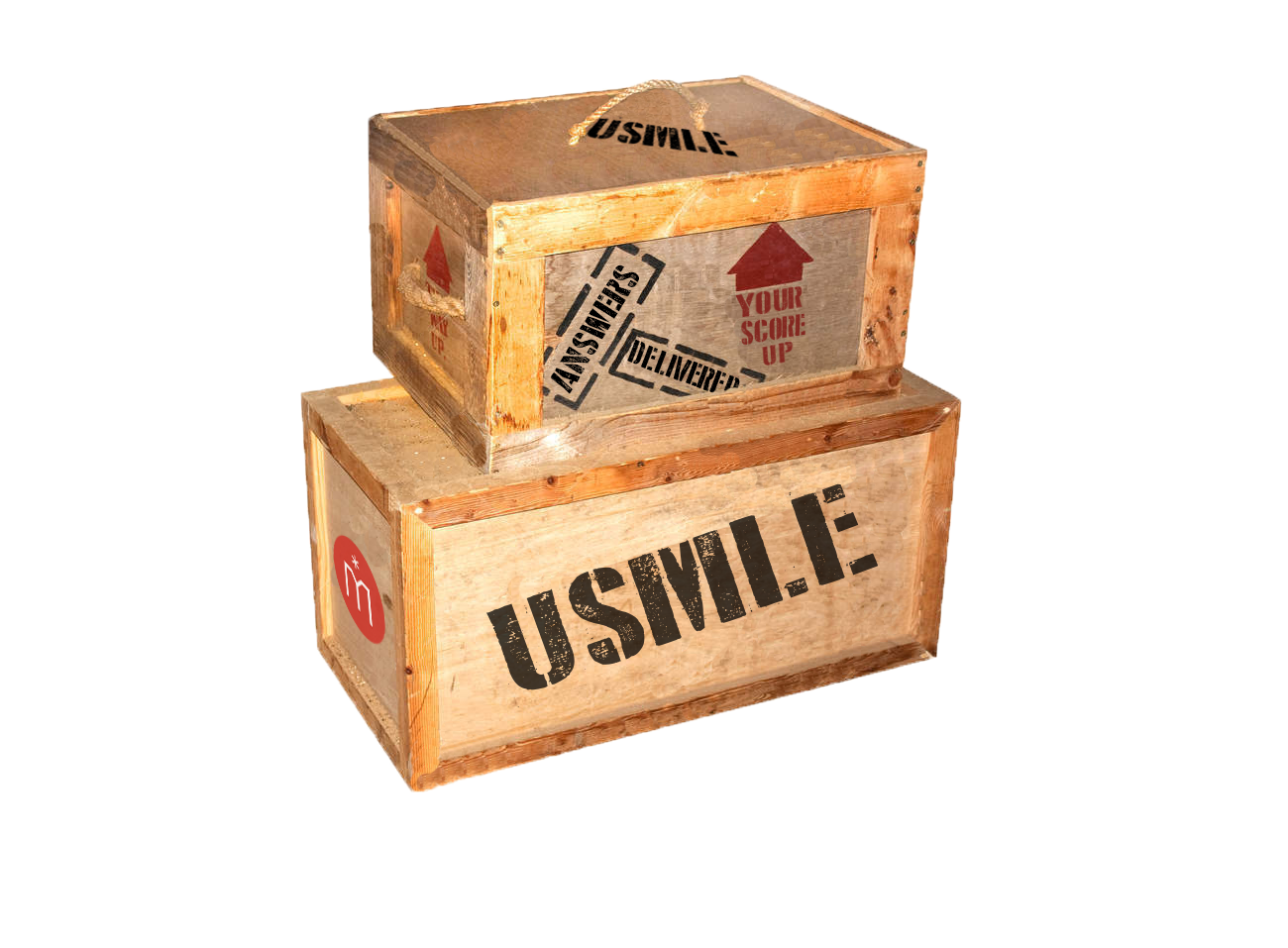USMLE Prep Mailbag: Your Questions Answered Round 3
- by
- Aug 27, 2015
- Reviewed by: Amy Rontal, MD

 Whether you’re a first year just getting started, a new second year starting to think about the USMLE, or someone gearing up for their upcoming exam, this is the place for you.
Whether you’re a first year just getting started, a new second year starting to think about the USMLE, or someone gearing up for their upcoming exam, this is the place for you.
I’m back again to answer all of your questions regarding USMLE test preparation. And as always, if you have something that wasn’t answered here, please let us know so we can include it in the next round.
I’m just starting second year; when should I start worrying about Step 1 prep?
There’s no time like the present! It may be easier to push thoughts about Step 1 off — out of sight, out of mind — but the best scores typically come from students who start preparing early. However, this doesn’t mean that you need to complete USMLE World by October or rush through your first pass of First Aid tomorrow; instead, focus on these helpful hints:
1. Do well in your classes now. Focusing on your current coursework, whether you like it or not, is the best way to prepare for Step I. Having a strong foundation in pathology, pharmacology, and microbiology will allow you to spend more time focusing on difficult material or material from your first year.
2. Make flashcards. Lots of flashcards! We’ve had previous posts detailing how to make flashcards, and what to make them for; needless to say, I believe that you should have a flashcard for every medication, microorganism, and each individual disease. Start making these flashcards now and using them for review, and you will have a huge leg up when starting your dedicated study time.
3. Review physiology. I typically recommend that students review physiology at the beginning of each pathology block. This serves two purposes: one, it helps you better understand key pathophysiology concepts and, two, it allows you to see how much you retained from your first year. What I typically recommend is starting with a 40-question physiology block in UWorld at the beginning of each new pathology block. Depending on your performance, from there, you can consider pursuing additional review with BRS Physiology.
4. Stop annotating your First Aid. Unfortunately, this is one of the biggest mistakes I see. Students show up for our first tutoring session with a First Aid that has been completely covered in notes. The thing is, right now, as a new second year, you don’t yet know what is important for the USMLE. By filling it with annotations now, you are limiting your space to fill things in later when you are actually preparing.
Help! My test is in a week and I’m really struggling at biochemistry. What should I do?
First, take a deep breath, it’s probably not as bad as you think. Fortunately, biochemistry is not going to make or break you on your exam, and there are some things you can do to troubleshoot the problem while still addressing other material. First, I would recommend going back through all of your UWorld incorrect questions for biochemistry. After that, you can focus on several high yield areas; in my opinion, these are:
1. Nutrition – vitamin deficiencies and excesses
2. Genetic Diseases
3. Inborn Errors of Metabolism
4. Lysosomal Storage Disorders
5. Glycogen Storage Disorders
Likewise, for a student who is struggling with immunology, you could opt to focus on the high yield material, which includes:
1. Immunodeficiencies
2. Hypersensitivity Reactions
3. Transplant rejection
4. Immunosuppressants
Your website recommends using a lot of flashcards for Step I, but I only have 3 weeks until my test. Are you sure that making flashcards is worth my time?
It’s true: For memorizable material like microbiology, pharmacology, and biochemistry, nothing beats the spaced repetition that a good flashcard program can provide. That being said, there are a few reasons where I would advise AGAINST a student making their own set of flashcards. These are:
1. Not enough time before their test – anything less than 5 weeks to go is probably too little time
2. They struggle with making flashcards efficiently
3. They have never made flashcards before
In these instances, I would direct my students to Memorang (www.memorangapp.com), which contains an amazing set of flashcards for both Step 1 and Step 2 CK.
I seem to be falling behind on the amount of USMLE World questions I need to complete each day. Do you have any suggestions?
Unfortunately, USMLE World is where many students fall behind in their daily study plans. However, there are some tips and tricks to making your use of UWorld more effective:
1. Break your question blocks up. Early on, I have my students doing two, 40-question-set blocks each day. One is a block of mixed subjects, and the other is a block of questions based on what they read that day. Consider starting and ending your day with a block of questions, and work reading in between.
2. Stop taking so many notes. The fact is, most students take way too many notes when using USMLE World, and most of these notes are redundant in that they are already there in the text of First Aid. If you’re looking for a more effective way to take notes, I recommend checking out this blog post about creating and using a UWorld Journal.
3. Set a timer and limit your review. Anything you don’t cover by the end of that time can either be addressed at the end of the day, or on your review/catch up day.









